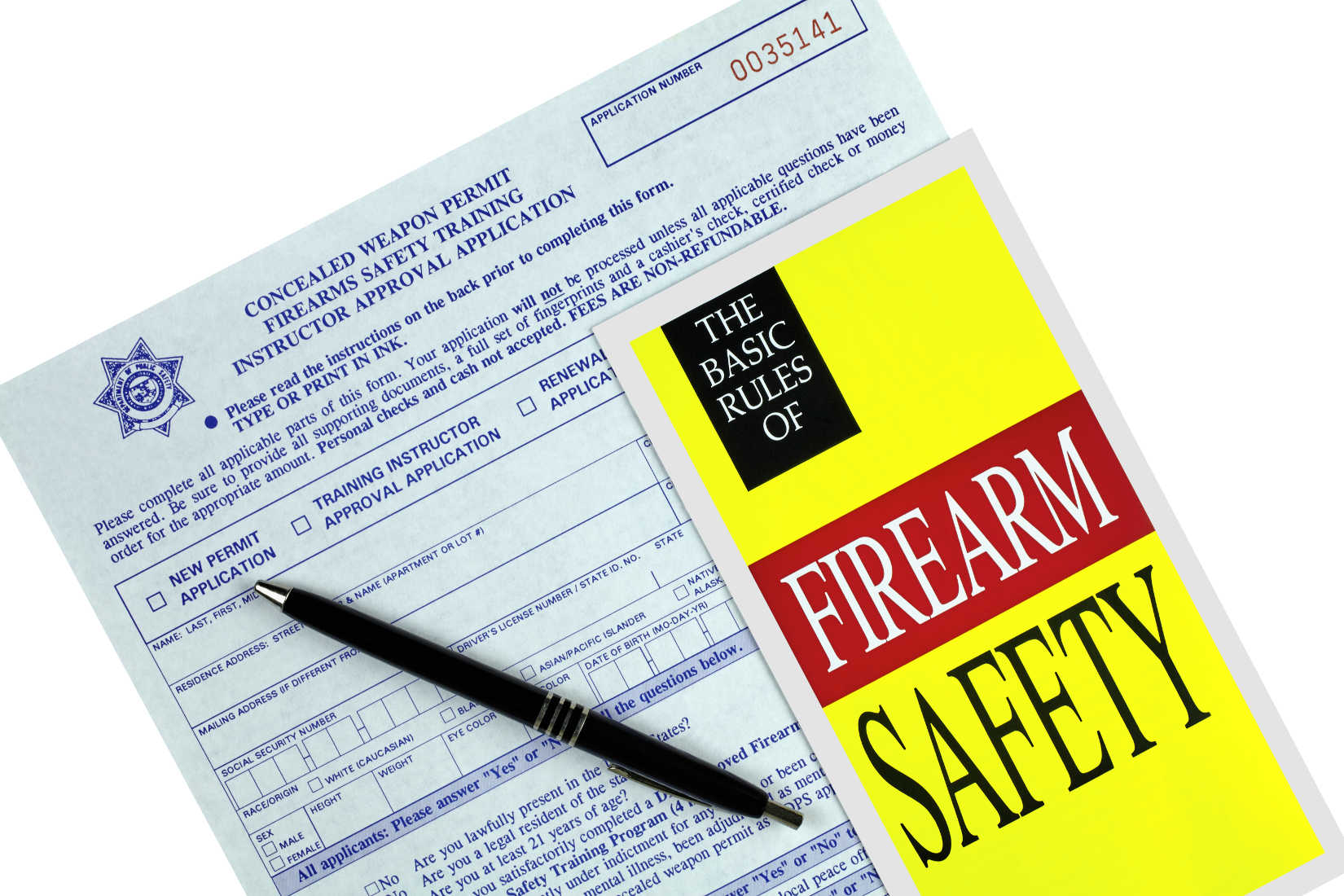By: José Niño
Gun control advocates are notorious for repeating the same myths about firearms, their operation, and the policies they want to regulate their usage. In this guide, we’ve compiled the most common anti-gun arguments and explained why they’d be ineffective in preventing gun violence and why they also violate the Constitution.
Argument:
“You should be required to have insurance to carry a gun, as you are to drive a car.”
Rebuttal:
Why It’s Ineffective and Flawed:
‘Insurance Ends at the Point of Intention’
Understanding the nature of insurance shows that state-mandated gun insurance schemes are bound to fail and will likely impose massive costs on gun-owners. Lynne McChristian, a spokeswoman for the Insurance Information Institute, asserted in 2014 that:
“Insurance ends at the point of intention…Firing a weapon is (usually) an intentional act, and no insurance covers an intentional act. You can’t decide to drive your car into your neighbor’s vehicle and expect your insurance company to cover it.”
The number of gun deaths are overwhelmingly intentional, while accidental deaths are miniscule in comparison. Peter Kochenburger, Executive Director of the Insurance Law Center at the University of Connecticut School of Law, said in 2014:
“The data I’ve seen shows that not even 2% of gun deaths would be classified as accidental; the vast majority are either suicides or homicides…So right there you have roughly 98% of gun deaths that would have no liability coverage due to the intentional acts exclusion.”
‘A Moral Hazard’
Kochenburger also noted why insurers are hesitant about covering firearms:
“There’s what’s called a ‘moral hazard’ that applies to all aspects of insurance, which says if you insure (dangerous) behavior, you are in some sense encouraging it because people will be less careful knowing they have coverage if they are negligent.”
Putting Lower-Income Americans at Higher Risk
No matter how gun control advocates market it, mandatory liability insurance for firearms is just another form of civilian disarmament.
Mandating gun insurance, while doing nothing to prevent gun violence, will only raise the cost of owning a firearm. Mandatory gun insurance effectively acts as a civilian disarmament scheme because it makes it difficult or impossible for law-abiding gun owners in the lower income rungs to afford owning a gun.
Criminals Gain an Advantage
Criminals, on the other hand, who, by definition, do not regard the law, will gain an advantage if mandatory insurance is implemented. As fewer law-abiding citizens possess guns by which to defend themselves, criminals become more powerful.
Criminologists Dr. Gary Kleck and Dr. Marc Gertz discovered that in 2.2 to 2.5 million cases firearms were used in self-defense. Of the instances of defensive gun use observed by Kleck and Gertz, handguns were used in 1.5 to 1.9 million cases. By allowing more people to carry, criminals will be kept at bay by law-abiding gun owners who can potentially stand up to them.
Naysayers claim that more guns equal more crime. Research from Mark Perry of the American Enterprise Institute, however, found that crime rates declined from 1993 to 2013, a period when per capita gun ownership increased by 56 percent and gun violence also decreased by 49 percent. It stands to reason that liberalizing gun laws won’t lead to the apocalypse like some detractors suggest.
Why It’s Unconstitutional:
Fusing government policy with business will create a toxic cocktail of liberty infringements. Corporations with government privileges will likely try to extract as many benefits from an insurance mandate as possible. While they’re at it, they might just start collecting data from their gun-owning clients and potentially pass them on to government officials to effectively create a gun registry. Sharing this information without an individual’s consent is a clear violation of freedom of association and even violates privacy rights which have historically been covered by the Ninth Amendment. A vast registry at the government’s disposal would also facilitate unreasonable searches and seizures. In times of crises, political actors could potentially exploit gun owner information to specifically persecute this segment of the population. This demonstrates how intertwined Second Amendment issues are with other concerns regarding business freedom, privacy, and freedom of association.
José Niño is a Venezuelan-American political activist writing from Fort Collins, Colorado. Contact him at [email protected].

